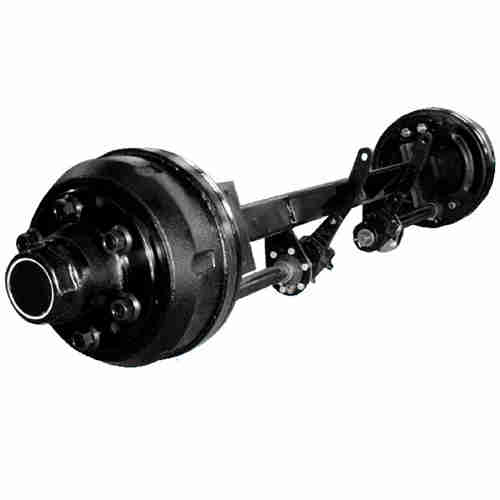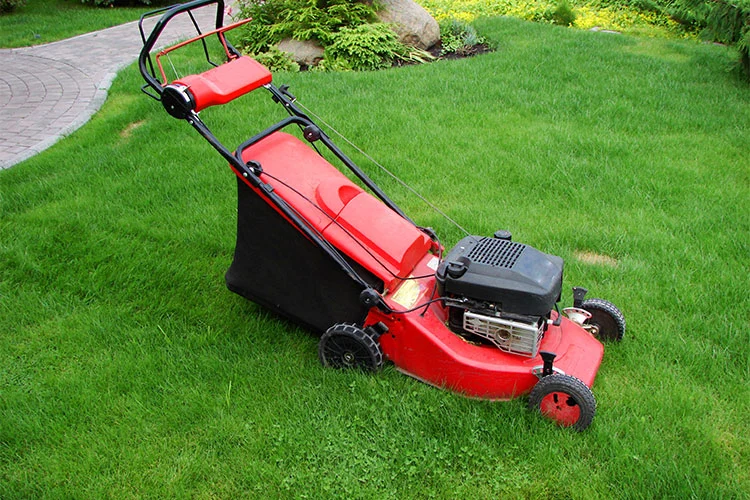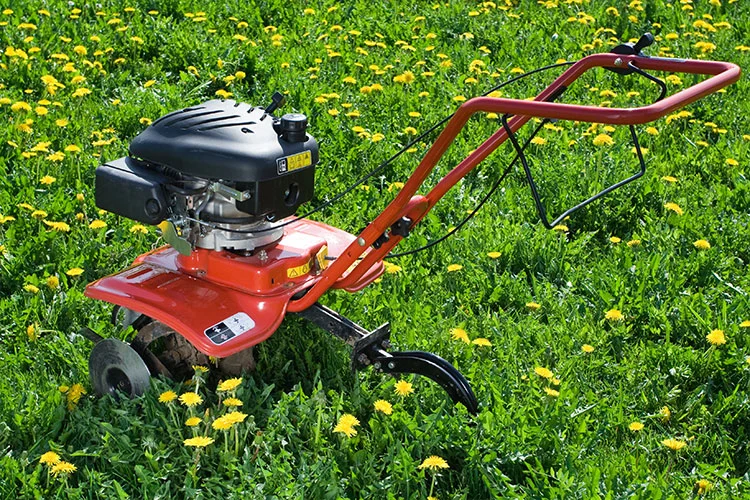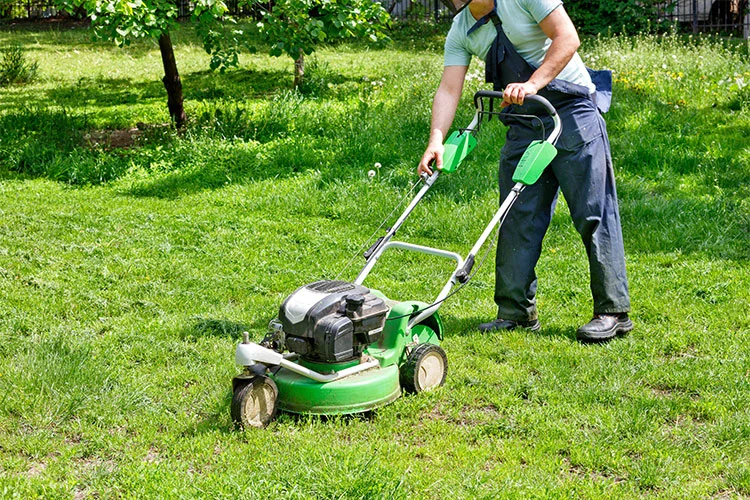Understanding Agricultural Axles: A Comprehensive Guide
Agricultural axles are critical components in modern farming equipment, designed to bear heavy loads, transmit power, and ensure smooth operation in various terrains. These axles are engineered for durability and efficiency, supporting machinery such as tractors, combines, and trailers. With advancements in technology, agricultural axles have evolved to meet the demands of precision farming, offering enhanced performance and longevity. This guide provides detailed insights into the specifications, types, and common questions about agricultural axles, helping you make informed decisions for your farming needs.
Key Parameters of Agricultural Axles
Agricultural axles come in various specifications to suit different applications. Below is a list of essential parameters:
- Load Capacity: Ranges from 2,000 lbs to 20,000 lbs per axle, depending on the type and design.
- Material: Typically made from high-strength steel or alloy, ensuring resistance to corrosion and wear.
- Diameter: Varies between 2 inches to 6 inches, influencing strength and weight distribution.
- Length: Customizable from 4 feet to 12 feet to fit specific machinery dimensions.
- Hub Type: Options include flange hubs, slip hubs, or unitized hubs for easy maintenance.
- Brake Compatibility: Designed to integrate with hydraulic or mechanical brake systems.
- Finish: Often coated with epoxy or zinc for added protection against environmental elements.
Types of Agricultural Axles and Their Applications
Different types of axles serve unique purposes in agricultural machinery. Here's a table summarizing common varieties:
| Type |
Application |
Max Load Capacity |
Common Uses |
| Live Axle |
Power transmission to wheels |
15,000 lbs |
Tractors, harvesters |
| Dead Axle |
Support and load bearing |
10,000 lbs |
Trailers, sprayers |
| Tandem Axle |
Enhanced stability for heavy loads |
20,000 lbs |
Large trailers, combines |
| Steering Axle |
Maneuverability control |
8,000 lbs |
Utility vehicles, spreaders |
FAQ: Common Questions About Agricultural Axles
What materials are used in agricultural axles?
Agricultural axles are primarily constructed from high-carbon steel or alloys like chromium-molybdenum, which provide excellent tensile strength and resistance to impact and fatigue.
How often should agricultural axles be maintained?
Regular maintenance, including lubrication and inspection for cracks or wear, should be performed every 500 hours of operation or at least biannually to ensure optimal performance and safety.
Can agricultural axles be customized for specific machinery?
Yes, manufacturers often offer customization options for length, hub type, and load capacity to match the requirements of different equipment, such as tractors or implements.
What are the signs of a failing agricultural axle?
Common indicators include unusual noises (e.g., grinding or clunking), visible cracks or bends, uneven tire wear, and decreased efficiency in power transmission.
Are there environmentally friendly options for agricultural axles?
Some modern axles incorporate recycled materials or coatings that reduce environmental impact, and designs focus on energy efficiency through reduced friction and weight.
How do I choose the right axle for my farm equipment?
Consider factors like load capacity, terrain type, compatibility with existing machinery, and manufacturer recommendations based on your specific agricultural applications.






